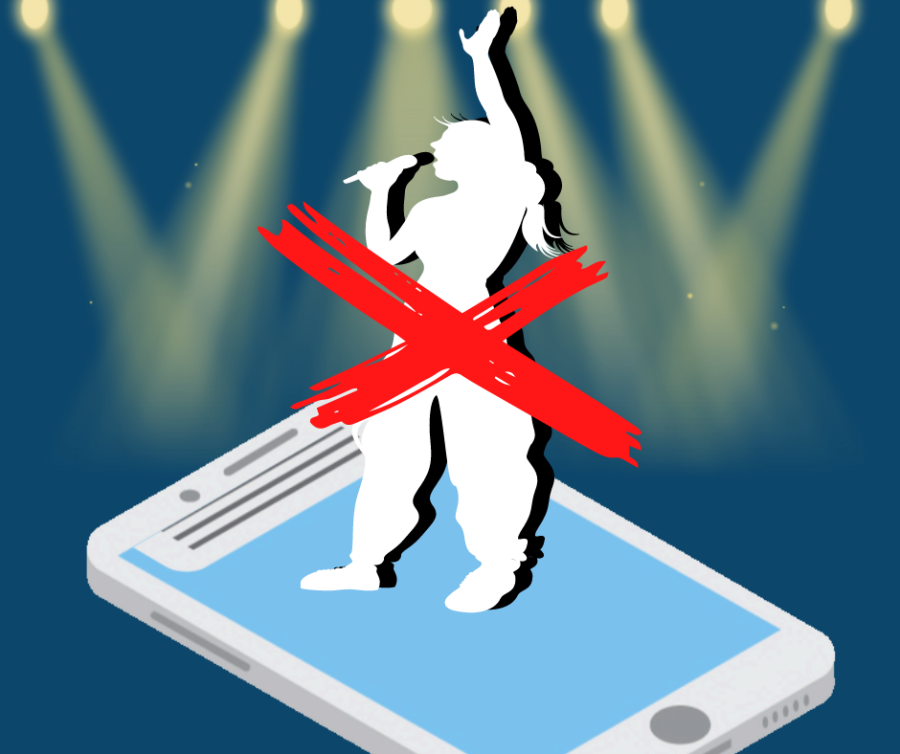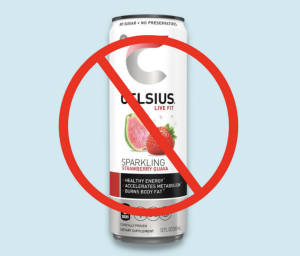Cancel culture clap-backs
October 5, 2022
A thesis reviewed by West Virginia University defines the recently coined term, cancel culture as a practice which involves publicly shaming a person after they do something that is considered offensive. The so-called cancel culture runs rampant in today’s society, spreading like wildfire among different social media platforms and affecting the media consumption and usage of college students.
The phenomenon primarily affects celebrities, especially musical artists.
Morgan Wallen acts as a topical example, who was featured saying a certain racial slur in a video posted on TMZ that went viral about a year and a half ago. The country artist received plenty of backlash following the incident.
However, Wallen’s career went on virtually unaffected and potentially even boosted by the culture hits as his newly released album, “Dangerous: The Double-Album”, logged a fresh 86 weeks in the Top 10 of Billboard’s 200 chart, according to their website.
In terms of musicians and how they are perceived by their audiences, most recover fairly quickly from being canceled due to the natural increase in streams from the attention received.
Matt Meyer, a senior economics major, listens to Wallen’s music regularly and considers himself a big fan.
“I think I’m able to separate this thing he did from his music,” Meyer said when asked how he felt about the cause of Wallen’s cancellation.
The majority of media consumers seem to appreciate without letting the outside lives of artists take away from it, especially college students. Lines are drawn for some when it comes to morality.
“I would say if they get canceled for something that’s morally wrong, I would not keep up with them or follow them anymore,” said Emma Sheppard, a junior early childhood education major. “If they’re just getting canceled because they’re speaking the truth, then I would continue supporting them because those are the people that need the most support.”
While most instances of cancel culture are seen in social media and a mere loss of followers or ban from a platform, a wide spectrum of cancellations rose in recent decades, from hateful words to jeopardizing civilians’ physical safety.
Dr. Mikkel Christensen, a mass communications professor, recalled an example from his home country of Denmark.
“There was a newspaper fifty years ago who posted cartoons of the prophet Muhammad, and you’re not supposed to do that in Islam. That was used politically by leaders in the Middle East to say ‘hey, see, they hate us’,” Christensen said. He described large protests that ensued after the cartoons were posted and an assassination attempt on one of the cartoon artists.
The effects of cancel culture on people’s media usage and online interactions are evident across all social media platforms. Christensen took notice of this in his former students on Facebook.
They are “so much more careful about what they post,” Christensen said.
Christensen said he doesn’t know if it’s because they’ve heard the stories of cancel culture or they don’t want to provoke anyone.
Transitioning into adulthood in the age of social media and a world with the permanence of online communication conditions college students to limit the sharing of their lives online.
“Students just now have a better understanding that what they’re posting is not just for the moment and for their five closest friends,” Christensen said. “I do see them being a lot more careful about what they’re posting.”







